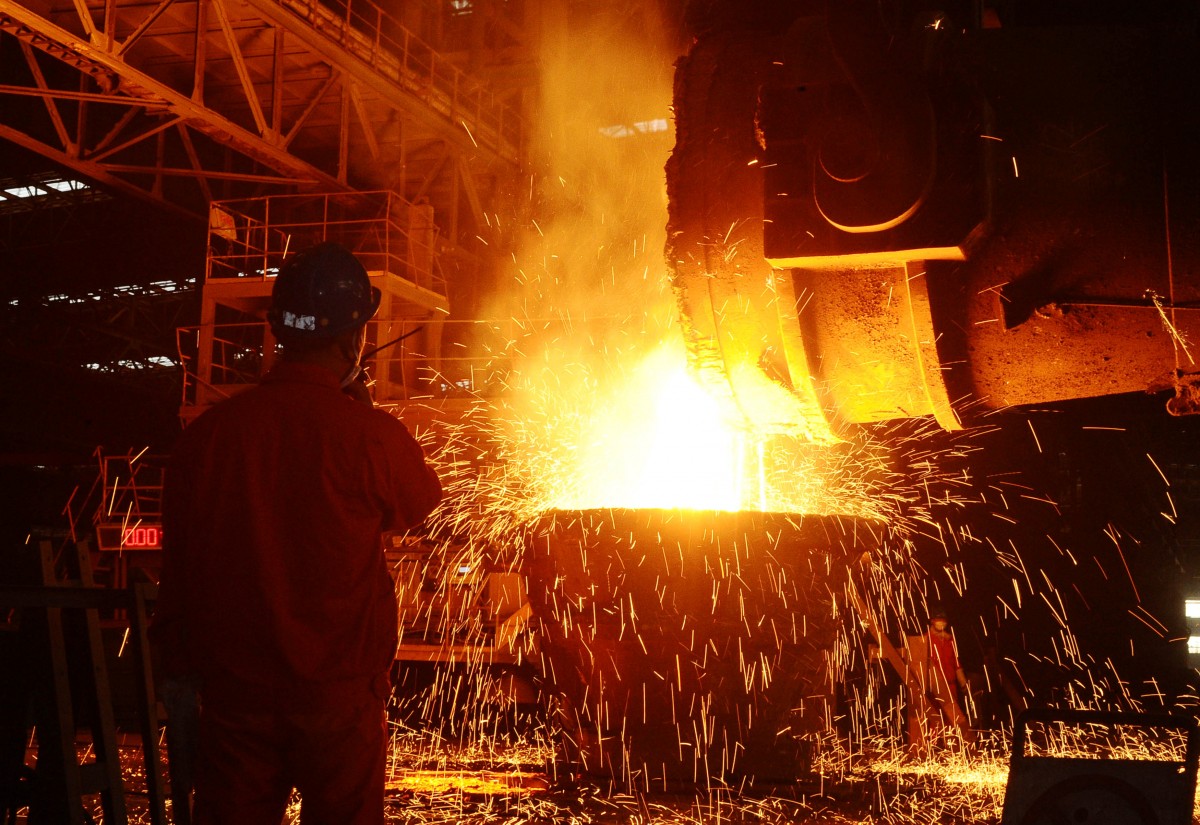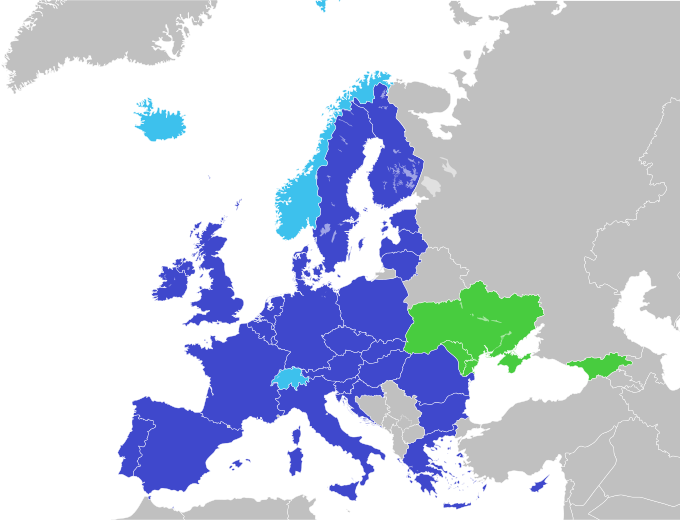April 4, 2014 19:50
The reforms will be painful for Ukrainians in 2014, but they will give an impetus to economical growth starting from 2015
The World Bank presented its regular macro-economical projections for Ukraine. LigaBusinessInform names the core points expressed during a presentation by Chimao Fun, the head of the World Bank Office in Ukraine, Belarus, and Moldova, Lolita Murti, the leading economist of the bank in the region, and the economist Anastasiya Golovach.
Why is the crisis still unfolding in Ukraine?
There are three main reasons for the economic crisis that is unfolding in Ukraine. Firstly: the macro-economical imbalances which have been accumulated during the last few years. Secondly: postponing structural reforms in Ukrainian economy. Thirdly, the weak condition of global markets. The budget deficit and current account balance have reached their critical levels at these conditions. The last indicator fell to 9,2 % of GDP and that is an anti-record for Ukraine.
In fact, the new government has inherited all the possible sorts of macro-economical problems and imbalances one can imagine. The actions necessary to stabilize the situation such as tough fiscal policy and so forth substantially limit the possibilities for near-term economical growth. That’s why according to the World Bank base projection GDP will fall by 3% in Ukraine in 2014. But taking into account considerable risks for the economy (postponing reforms, trouble with gas supplies) in much less favorable conditions Ukraine’s GDP may fall to 5%.
How will the economic decline influence citizens’ lives
The economic decline means a lack of possibilities for developement of private companies. This means there will be no new jobs in the country, leading to a fall in income and a deterioration of life standards. Under such conditions, the state is able to take certain steps to provide improvements to citizens. Nevertheless, the situation with employment will remain to be difficult.
On what kinds of reforms does the economic recovery depend
Firstly, the government should stabilize the situation in macroeconomics and finance - this is crucial for success. But this needs to be bolstered with the structural reforms aimed at speeding up economic growth. But no more important is improvement of state management and its transparency. The chief priorities must be reforms in the gas sector, business deregulation, and changes in the system of state procurements. The progress at these three directions will be a serious positive signal for investors and the private sector.
The prize for the courage to conduct reforms will be sustainable economic growth in 2015-2016.
What needs to be done in the gas sector
The gas sector has been the main source of corruption in Ukraine for the last 20 years. There are only few gas companies that are unprofitable in the world and NAK Naftogaz is one of them. This enterprise must be restructured and its transparency and effectiveness should be increased. From the other side, the social security system should be reformed. To fulfill this task, the authorities should create a system of targeted assistance to the poorest people along with the increases to gas tariffs.
How and when may economical growth recover
Ukraine needs urgent macro-economical corrections and structural reforms. Some of them will be very difficult and painful in the near term for the country. But these reforms are urgently necessary for improving the Ukrainians’ standard of life in the mid and long-term haul. There are some forces that will resist these reforms in Ukraine. That’s why the government should be persistent and selfless to overcome this resistance. If the needed actions would be taken, economical growth will recover in 2015 and will be at the level of 5%. The positive trends will strengthen business activity and improve the investment climate. The stabilization of the situation will help to solve the problems in the banking and restore the active lending to businesses.
Why is it necessary to follow inflation, and not the UAH rate
The exchange rates should always be flexible and correspond with macro-economical indicators. When the currency rates had been fixed, Ukrainian citizens learned to follow them closely. A transition to a policy of a floating exchange rate should create conditions for Ukrainians to stop following the exchange rate dynamics. As incomes and expenses of Ukrainians are denominated in UAH, they should be more worried with inflation. Up to February 2014, its rate has been low. After that, It has increased since the national currency has been devalued. By the end of 2014, inflation may reach 15% due to devaluation, transition to floating exchange rates, and the impending rise of gas tariffs for the public.
Mariya Babenko, LIGAbusinessinform
Translated by Anatoliy Shara, edited by Alya Shandra




